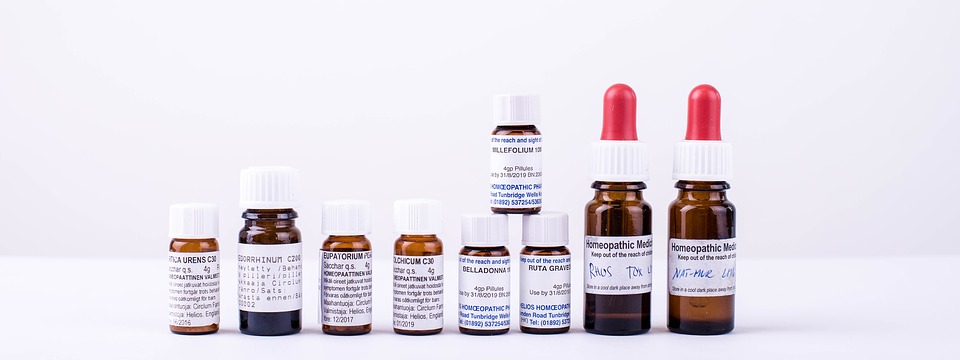In an article titled A Homeopathic Combination Preparation in the Treatment of Feverish Upper Respiratory Tract Infections: An International Randomized Controlled Trial, researchers attempted to discover if homeopathic intervention could help patients deal with an upper respiratory tract infection better than traditional, standard medicine. Researchers placed patients into a randomized controlled trial to see if either type of medicine outperformed the other. randomized controlled multinational clinical trial, patients (age range 1-65 years) with feverish URTI received either on-demand symptomatic standard treatment (ST group: paracetamol, ambroxol, and/or oxymetazoline), or homeopathic medication (IFC group: Influcid) for 7 days plus the same on-demand standard treatment (Thinesse-Mallwitz, Maydannik, Keller, & Klement, 2015, p. 163).
The standard treatment given to the non-homeopathic group consisted of three choices. They were: paracetamol, oxymetazoline, and/or ambroxol. The type of homeopathic medicine administered to the homeopathic group was influcid. The treatments lasted for 7 days or one week.
The way researchers collected and assessed the data from the randomized controlled trial was through utilization of the Wisconsin Upper Respiratory Symptom Survey-21. They gathered results as early as day 4 stating reduction/absence in fever as well as very mild/ absence degree of URTI symptoms. The homeopathic group received accelerated symptom alleviation...
The IFC group used less symptomatic medication, and symptoms were alleviated 1-2 days earlier. The homeopathic treatment shortened URTI duration, reduced the use of symptomatic medication, and was well tolerated (Thinesse-Mallwitz, Maydannik, Keller, & Klement, 2015, p. 163).

The article used quantitative information for their results, displaying concrete statistics that helped support their conclusion. Their use of the Wisconsin Upper Respiratory Symptom Survey-21 allowed for a higher accuracy rate in data collection leading to more accurate results. Another strength of this study was the use a wide age range. Use of a wide age range led to the results seeming more concrete versus placing people from a small age range (40-65 years old) through the same trial. The results demonstrate the homeopathic medicine can work for anyone under the age of 65.
The weakness lies in not using qualitative information. While it is a randomized controlled trial, the study could have benefitted in gaining some clarity in how well the homeopathic medicine worked compared to standard treatment in relation to patient satisfaction and symptom alleviation. The gap exists in describing why homeopathic medicine works as well. While there was some…



